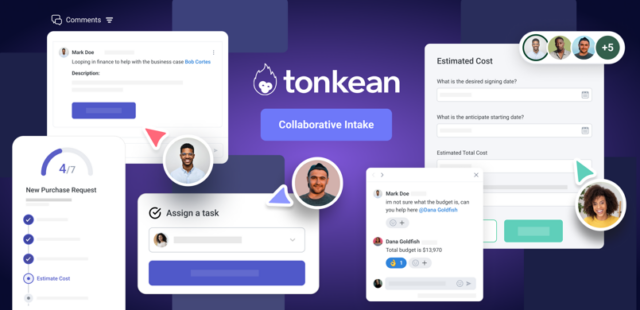Increased adoption of cloud services, artificial intelligence (AI) and process automation are driving strong growth in the global procurement software market.
According to a report released this week by Canadian market research firm Emergen Research, the global procurement software market is expected to register a rapid revenue CAGR of 10.4% over the decade following the 2022 financial year—from a global valuation of $6.67 billion at the start of the forecast period to $17.90 billion in 2032.
The report’s authors found that “increasing use for cloud-based procurement solutions and rising need for automated and efficient procurement processes are key factors driving market revenue growth.”
The talent challenge
In the face of a talent shortage—exacerbated by growing demand and increasingly supply chain complexity—the report expects to see cloud-based procurement systems attain widespread adoption.
“Cloud-based procurement systems have many benefits such as easy deployment, flexibility, scalability, and lower infrastructure costs. This software allows for real-time access to procurement data, leading to better informed and timely decisions,” note report authors. “In addition, this software also makes it possible for companies to access procurement software at any time and from any location, which makes it easier to manage procurement procedures globally.”
Is automation the solution?
Artificial intelligence and machine learning will also support procurement teams in overcoming the pain points presented by the skill shortage, stricter regulations, and supply chain instability. The report suggests that the technologies—if correctly adopted—could be instrumental in “helping companies to automate increasingly complex procurement processes while enhancing decision-making.”
However, high up-front costs may present an insurmountable barrier to entry for some organisations, and a deterrent for others, the report notes. These costs include software licensing fees, implementation costs, training expenses, and any required hardware upgrades. Emergen researchers also note that concerns over data privacy and cyber security could slow adoption of cloud-based solutions.
By Harry Menear











